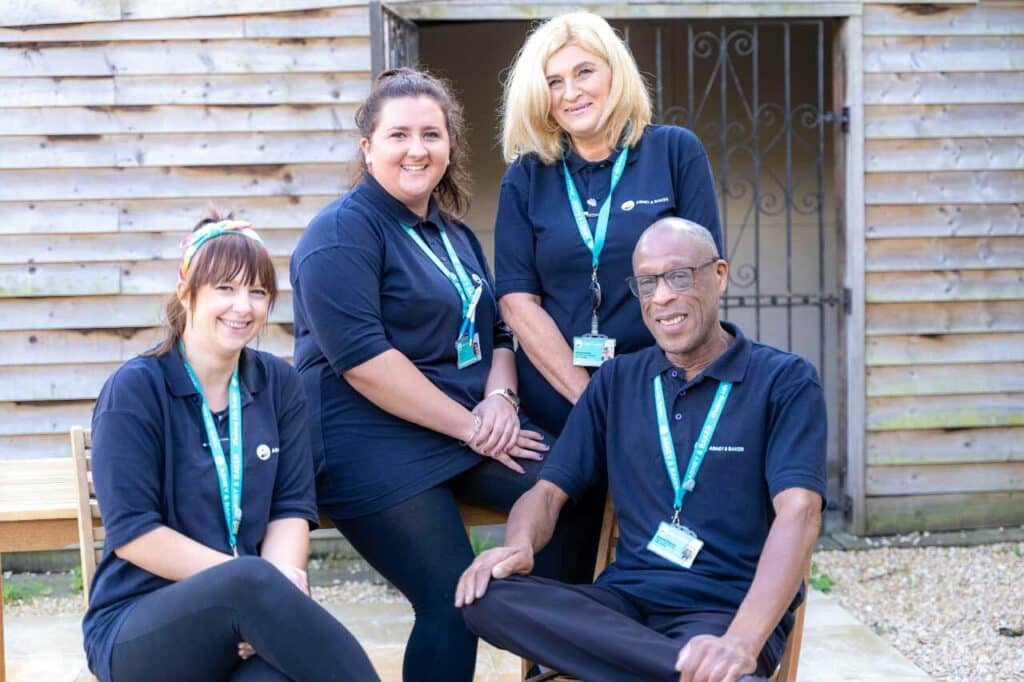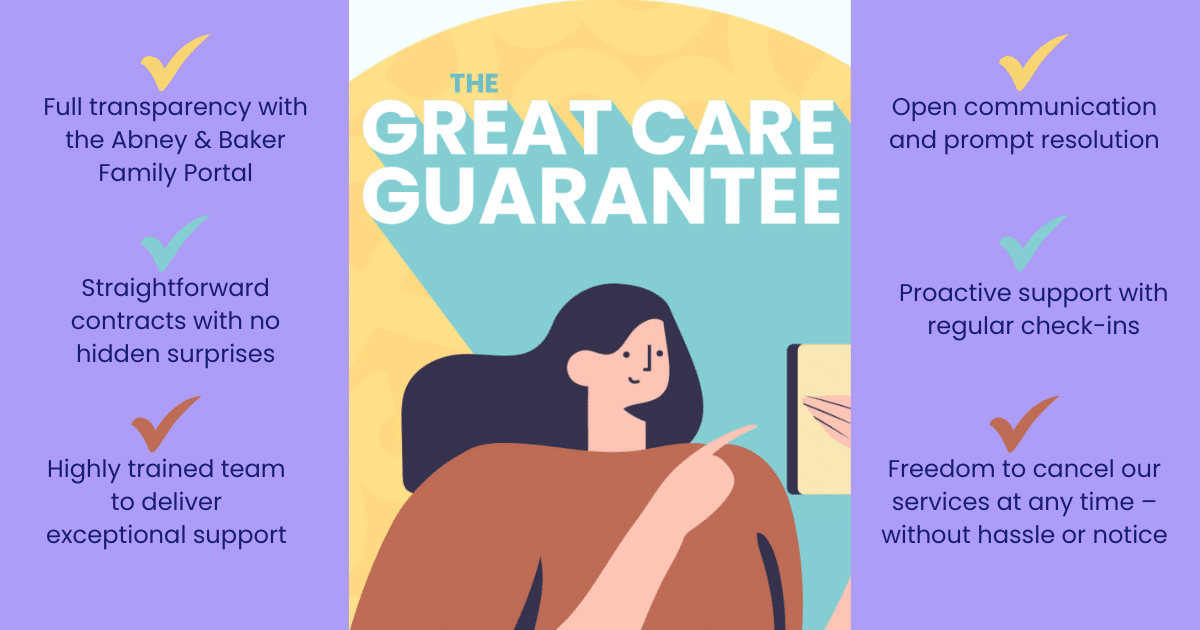Did you know that 50 million people experience dementia worldwide? With such high numbers, there is a chance that someone you love and care for may show signs of dementia.
When this happens, it’s critical to the person’s health and well-being that you pinpoint the signs and symptoms of dementia as early as possible. By doing this, you’ll know how best to respond and when to ask for help with dementia care at home service.
When a family member is diagnosed with dementia, the next steps will dictate your loved one’s quality of life. If you want to know the stages of dementia and how to care for older people experiencing these signs, keep reading below.
Stages of a person with dementia
Dementia is a disease that affects the brain. It causes memory loss and person’s ability to think, perform social skills, or look after themselves. Many people ask whether dementia and Alzheimer’s are the same.

Pre-clinical stage
During the pre-clinical stages, you might not notice any signs whatsoever. For a while, researchers did not list this as a stage or reason for a diagnosis of dementia. However, studies show that effects on the brain are present before physical and emotional symptoms arise.
Within this period, your loved one will not exhibit effects on their memories or personality. The hope is that by recognising the pre-clinical stage, the disease can be diagnosed earlier than usual and before the classic signs of dementia appear.
More dementia research is needed with the help of the Alzheimer Society and Dementia UK to raise awareness of this stage.
Early stage
In the early stages of dementia, your loved one is likely to show slight memory loss problems. You may notice that they forget things easily or that their short-term memory is not as good as it used to be.
During this point in their life, your family member can still live alone safely. They can often continue to perform their daily functions, like driving or paying their monthly bills.
Nothing is debilitating during this time, so searching for care is not always necessary straight away. Although a light introduction of some support from a home carer can be useful without being overwhelming. It introduces them to the idea of carers coming into their home which they may need more frequently further down the line. Search for companionship support or a little home help.
Keep an eye out for whether your family member has trouble memorising a shopping list or cooking a recipe. Not recognising objects around their house, and a sudden lack of empathy could also be early signs of dementia. Forgetting appointments, where they parked their car when on a shopping trip or a change in handwriting, can also be signals.
Mid-stage

By this point, their memory loss has accelerated. Mid-stage is the one that everyone relates with dementia and Alzheimer’s, as it lasts the longest.
A person can typically live with mid-stage dementia between two and ten years. During this time, you will see your loved one grow confused and often become agitated.
People with dementia can struggle to understand what is happening to them. So, when things around them are different, they may grow angry and frustrated. Know that this agitation isn’t personal, though it can understandably be upsetting.
Always remember those moments will pass and your loved one will move on a lot quicker than you, so try not to take the upset to heart (although we know that’s often easier said than done!).
Find time to get some fresh air, go for a stroll and remove yourself for a while – never argue or constantly correct your loved one. Walk away for five minutes and take a break. And don’t forget respite care can always give you that time out you need to have a break, knowing they’re still in good hands.
Your family member is simply trying to cope and understand the world. To avoid too much upset, it’s best to keep loud noises at bay and limit activities that cause agitation.
The mid-stages are also the time when dementia patients may experience wandering issues. They may wander aimlessly about their house or neighbourhood so safety is an important consideration at this stage. Many people with parents who wander often seek help from a home care service to ensure their safety as they can be reassured that someone they trust is regularly checking in on them during the day.
Late stage
This is the final stage, where the person affected by dementia is no longer able to cope on their own. They no longer respond to their surroundings. A person in the late stages of dementia may unfortunately not be capable of daily functions.

This includes tasks like feeding themselves or going to the bathroom. It’s the late stage when family caring for the person often seek personal care to help support them.
This is because caring for people in the late stages of dementia tends to be, understandably, difficult for the family to handle. It’s important to remember that support is available in the form of home carers and they will be used to dealing with people at this stage.
Symptoms to consider when caring for someone with dementia
Dementia is challenging for everyone involved. That is especially true for those caring for people with the disease.
You have to watch the person you love often forget you and themselves. During this time, it’s important to understand the common symptoms of dementia.
These include:
- Agitation
- Memory loss
- Sleeping problems
- Wandering
- Confusion
- Hallucinations
- Loss of appetite
- Disorientation
- Lying
- Changes in personality
- Anxiety
- Depression
- Insufficient empathy/sympathy
People suffering from this disease may also experience sundowning syndrome. These symptoms become more prevalent during the evening hours.
By understanding all the signs, you can take better care of your loved one and get the support and help you need at the right time. For instance, if the family member still lives alone, be sure to have someone there with them between tea time and bed time.
Your loved one may become scared if they’re left alone. A good care at home company provides a regular friendly face who can help and support your loved one to retain their confidence. A home carer will reassure and support your family member, and you will also have peace of mind that they are safe in their own home.
When they begin to exhibit signs of frustration or anxiety, learning about these effects will help you support the person through this stage.
Also remember that home carers are fully trained in dementia care so will be fully aware of how to deal with situations confidently and with compassion.
Personal care for late stage dementia

Choosing to bring in full time personal care and support is never easy. However, remember it doesn’t mean you’re giving up or abandoning your loved one. All this means is that you’re doing the best by them by bringing in some extra help and support.
That is why so many dedicated care services programs exist for people with dementia. You will know when the time is right to consider full time personal care. This is when daily tasks including washing, showering, shaving, dressing, basic hygiene become more complex.
The carers will also ensure your loved one eats their meals on time and receives the companionship they deserve.
Our other levels of care include:
When choosing a care and support company for your loved one, you want to ensure that they receive the best care possible. This is why we make it our mission to provide a comfortable and supportive environment for you and your loved one so they can continue living happily, confidently, safely and independently in the comfort of their own home.
Caring for family members with dementia
As you’ve seen, there are several signs and stage that someone is experiencing dementia. We hope this article helps you find the care and support your family member needs at the right time.
At Abney and Baker, we want to help make life better for dementia patients. If you require dementia-friendly home support and home care services, please contact us today.
Helping your loved one to continue living independently and confidently in their own home.
By providing a range of support at home, we’re helping many clients across Bath & North East Somerset and West Wiltshire retain their independence and stay in control in the comfort of their own homes.
Remember we’re always here if you want to chat about your care options. Just get in touch:
Call 0333 043 4880 – Email enquiries@abneyandbaker.com – Book a call here













